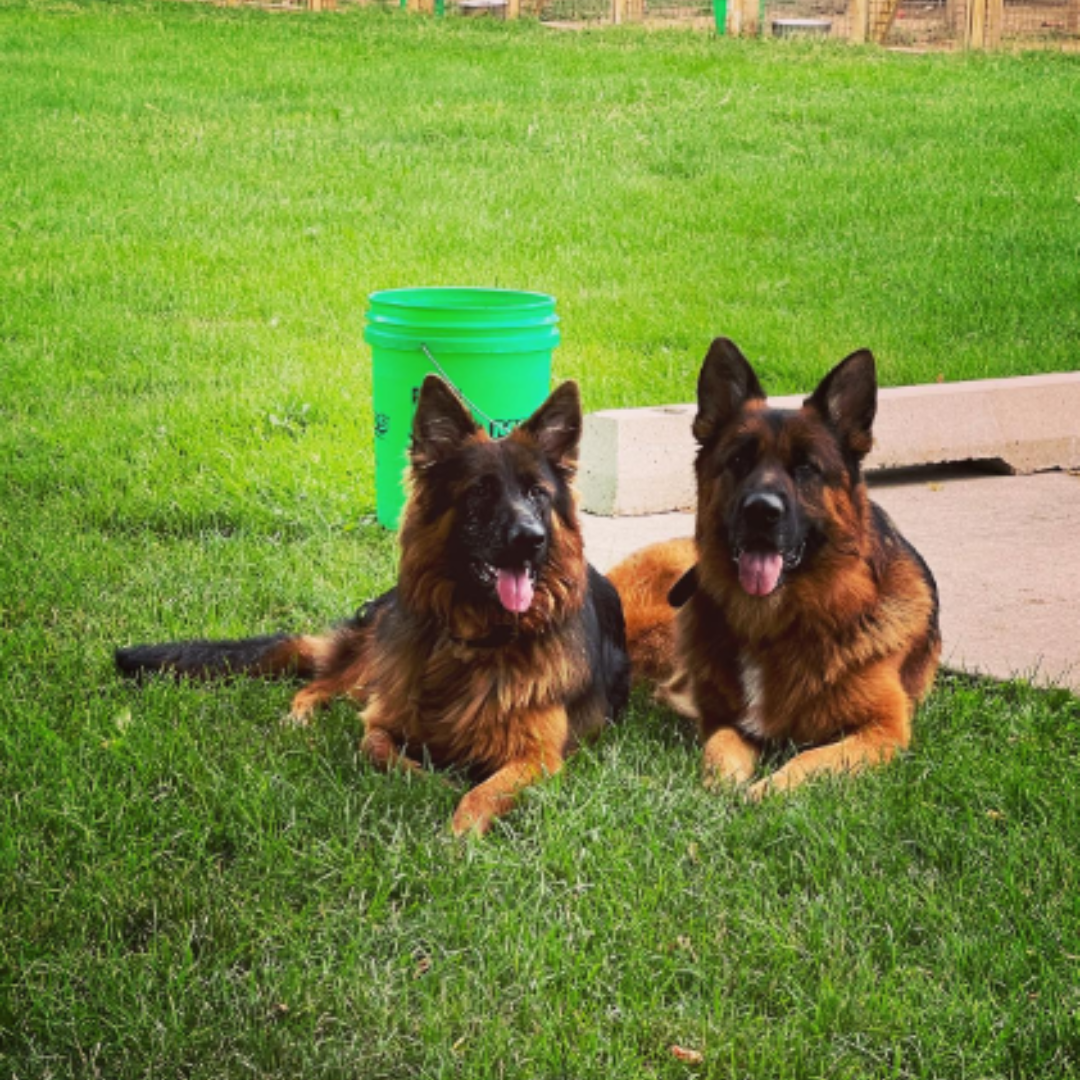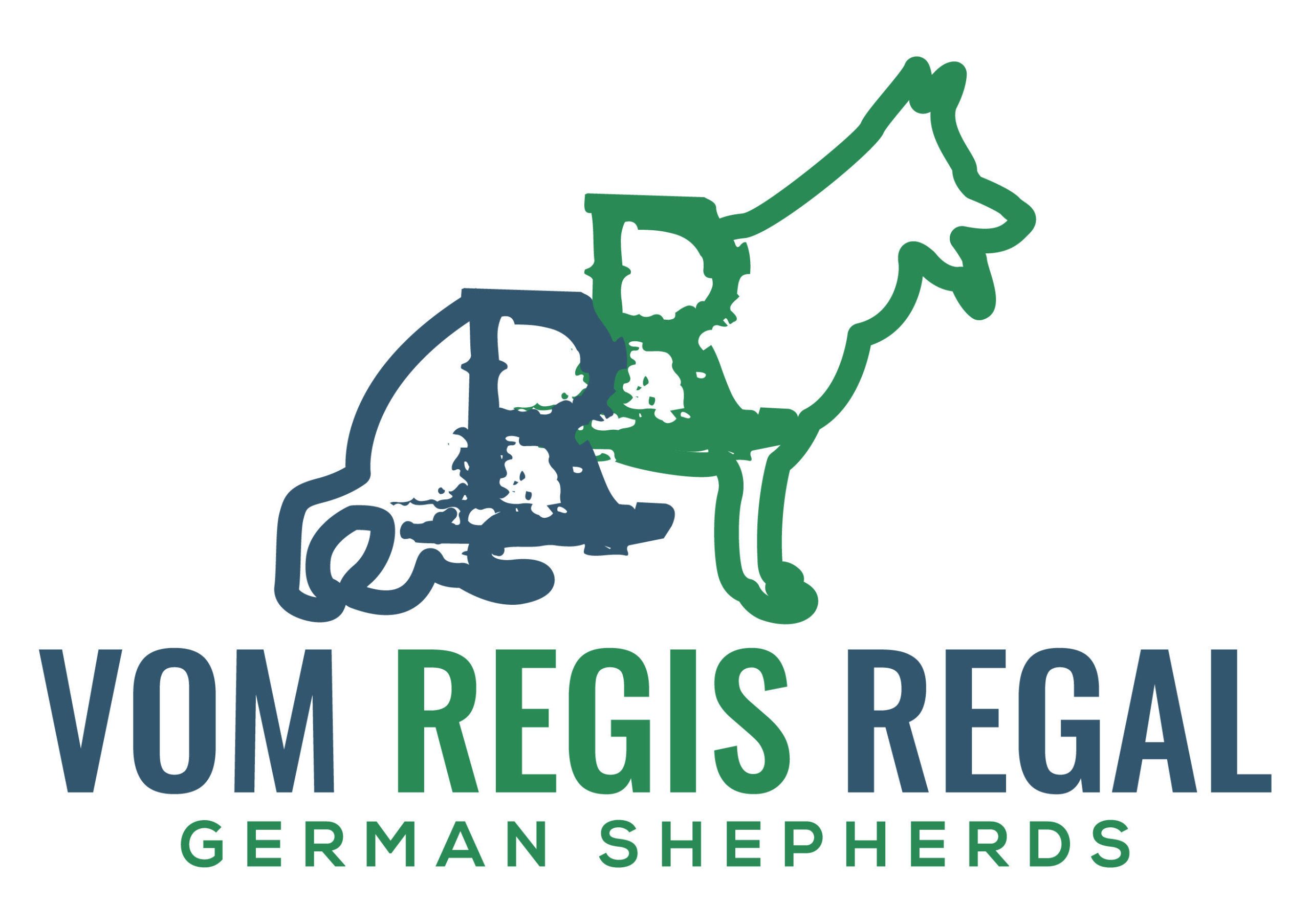“Dogs’ lives are too short. Their only fault really.”
That quote originated with American writer Agnes Sligh Turnbull who understood the true value of our canine companions. Dog owners, just like Ms. Turnbull, know that the answer to the question of how long a German Shepherd (or any dog, really) lives, is that it’s never long enough.
Still, we can’t help but ask the question and try to find an answer for how much time we get to spend with these wonderful creatures.
Overview of the German Shepherd Breed
According to the American Kennel Club’s website, the German Shepherd Dog is one of the most popular breeds in the United States. They were originally bred in Germany in the late 1800s as sheep herding dogs. They are highly sought after because they are large, intelligent, and athletic dogs that excel at a variety of tasks, including law enforcement work, assistance for people with disabilities, search and rescue, and drug detection.
The German Shepherd Lifespan
The lifespan for a German Shepherd is typically around 9-13 years, but they can live as long as 14 or 15 years. That’s not bad when you consider that the world’s oldest living dog was a 26-year-old Australian Cattle Dog.
You can contrast their lifespan against the Great Dane at an average of about nine years and a chihuahua at about 15 years.
Common Health Problems for German Shepherds
The most common German Shepherd health issues are hip dysplasia, weak back legs, elbow dysplasia, bloat, and cancer. (Cancer is the leading cause of death in German Shepherds, followed by old age.) As with any breed of dog, it’s important to have your pet regularly checked by a veterinarian and to be aware of the signs and symptoms of these and other health problems.
How to Increase Your Dog’s Lifespan
The best way to increase your German Shepherd dog’s lifespan is to purchase a pup from a reputable breeder, who can provide you with health clearances for the parents of your pup.
Aside from that, you should have your GSD regularly checked by a veterinarian and be aware of the signs and symptoms of common health problems so that you can address them early. Keep up with their vaccinations and routine checkups to ensure they stay healthy. Have them spayed or neutered as soon as possible to help reduce the risk of health problems like cancer.
In addition, feed your dog a high quality low-carb diet and don’t overfeed them. Provide them with plenty of exercise and stimulation. Your German Shepherd will typically need two hours of exercise a day, especially since some of them are prone to hind leg weakness. In fact, if you keep your German Shepherd trim and healthy, you can add 18-24 months to their lifespan.
Lastly, keep your German Shepherd groomed and bathed regularly and brush their teeth daily to prevent gum disease.
Elderly Care for German Shepherds
Just like with any other pet, as your German Shepherd enters their golden years, you’ll need to start making some adjustments to its care. They may not be able to handle the same level of activity they used to and may require more rest. Elderly dogs are also more susceptible to temperature extremes.
You’ll also want to keep a close eye on their health, looking for any signs that they’re in pain or discomfort. German Shepherds are notorious for hiding their pain, so it’s important to be vigilant.
Talk to your veterinarian about the best ways to improve your senior dog’s quality of life when the time comes.
Make Sure Your German Shepherd Dog is a Good Fit for You
Before you bring a German Shepherd Dog into your home, it’s important to do your research and make sure they are a good fit for your family. German Shepherds are large, active dogs that need plenty of space and exercise. They also need to be with a family that is prepared to handle their high energy level and train them properly.
Also, it’s important to adopt the right type of German Shepherd, as some of their dog breeds, also known as bloodlines, make good family dogs, while others are more suited to police and military work.
It’s best to talk to a breeder like Regis Regal to find out what type of German Shepherd will work the best in your situation because, sadly, another large factor that can strongly impact a dog’s life is being raised in a loving forever home versus being given away to a shelter.
If you take good care of your German Shepherd throughout its lifetime, you can expect to enjoy many happy years with your furry friend. So, while we can’t make them live forever, there are things we can do to help increase our time with them. And that’s really all we can ask for.
Regis Regal German Shepherds
Regis Regal is a breeder of merit with over three decades of experience. We are passionate about our dogs and are committed to finding the right home for each and every one of them. We raise, breed, train, and board West-German Sieger Shepherds at our Spring Grove, Ill state-of-the-art facility.
Our German Shepherd dogs travel worldwide and are outstanding examples of what this popular breed should be: namely, line breeding at its highest and finest levels in anatomy, health and temperament.
We hope you enjoyed this post. If you have any questions or comments, please call us at (847) 721-1908 or send us a message. We will be more than happy to answer any questions you have about the German Shepherd breed or help you find the perfect pup for your family.
Until next time…Happy Shepherding!

